Confronting The Love Monster: Strategies For Healthy Relationships

Table of Contents
Identifying the "Love Monster": Recognizing Unhealthy Relationship Patterns
Before we can build healthy relationships, we need to identify and address unhealthy patterns. Understanding these patterns is crucial for fostering positive change.
Understanding Codependency:
Codependency is a relationship dynamic where one person's self-worth and identity become excessively intertwined with another's. This often leads to neglecting personal needs and boundaries to please others.
- Impact: Codependency can stifle personal growth, lead to emotional exhaustion, and create an unhealthy power imbalance in relationships.
- Examples: Constantly rescuing partners, neglecting personal interests to accommodate a partner's needs, feeling responsible for another person's happiness or feelings.
- Hindered Communication: Codependency often prevents open and honest communication, leading to resentment and conflict. Boundaries are blurred, making it difficult to express needs or assert oneself.
- Overcoming Codependency: Resources such as books like "Codependent No More" by Melody Beattie, and therapy focusing on self-esteem and boundary setting are invaluable.
Spotting Toxic Behaviors:
Toxic behaviors erode trust and create a negative environment. Identifying these behaviors is the first step towards creating healthier dynamics.
- Common Toxic Behaviors: Control, manipulation, gaslighting (making someone question their sanity), verbal abuse, constant criticism, infidelity, and emotional neglect.
- Long-Term Effects: These behaviors can lead to anxiety, depression, low self-esteem, and post-traumatic stress disorder (PTSD).
- Identifying Toxic Behaviors: Pay attention to recurring patterns of negativity, control, and disrespect. Trust your gut feeling; if something feels wrong, it likely is.
- Setting Boundaries: Learn to assertively communicate your limits and needs. This might involve saying "no" to requests you're uncomfortable with, limiting contact with toxic individuals, or seeking support from friends and family.
Building Blocks of Healthy Relationships: Communication & Boundaries
Healthy relationships thrive on open communication and clearly defined boundaries. These are fundamental aspects of fostering mutual respect and understanding.
Effective Communication Techniques:
Effective communication is the cornerstone of any healthy relationship. It’s about more than just talking; it’s about truly understanding each other.
- Active Listening & Empathy: Pay attention, reflect back what you've heard, and try to understand your partner's perspective, even if you don't agree.
- Assertive Communication: Express your needs and feelings clearly and respectfully, without being aggressive or passive. Use "I" statements ("I feel hurt when...") instead of blaming ("You always...").
- Conflict Resolution: Learn to navigate disagreements constructively through compromise and negotiation. Focus on finding solutions, not assigning blame.
- Non-Verbal Communication: Pay attention to body language – it often speaks louder than words. Maintaining eye contact, open posture, and a warm tone convey genuine engagement.
Establishing and Maintaining Healthy Boundaries:
Healthy boundaries protect your emotional, physical, and mental well-being. They are not about control; they are about self-respect.
- Defining Healthy Boundaries: These are limits you set to protect yourself from being manipulated or taken advantage of. Examples include setting limits on time spent with certain people, managing finances independently, or deciding how much personal information to share.
- Setting Boundaries: Clearly communicate your needs and expectations. Be direct, but respectful. For example, “I need some space right now,” or “I’m not comfortable with that.”
- Enforcing Boundaries: Be prepared to follow through with consequences if your boundaries are violated. This might mean ending a conversation, limiting contact, or even ending the relationship.
- Challenges in Setting Boundaries: Fear of conflict, guilt, or a desire to please others can make it difficult to set boundaries. Overcoming these fears requires self-compassion and a commitment to your well-being.
Nurturing Your Relationship: Self-Care & Shared Growth
Healthy relationships are built on mutual respect, support, and individual growth. Taking care of yourself is not selfish; it's essential for a thriving partnership.
Prioritizing Self-Care:
Self-care is not a luxury; it's a necessity for maintaining emotional and mental well-being, which directly impacts the quality of your relationships.
- Self-Care Strategies: Engage in activities that nourish your mind, body, and soul. This could include exercise, meditation, spending time in nature, pursuing hobbies, or simply relaxing with a good book.
- Self-Awareness & Emotional Regulation: Understanding your emotions and developing strategies to manage them effectively is crucial for navigating relationship challenges.
- Self-Compassion & Self-Acceptance: Treat yourself with kindness and understanding. Accept your imperfections and celebrate your strengths.
Fostering Shared Growth and Mutual Support:
Healthy relationships involve shared growth and mutual support. Partners encourage and uplift each other, fostering individual and collective progress.
- Shared Goals & Values: Having some shared goals and values creates a sense of unity and purpose in the relationship.
- Mutual Support & Encouragement: Celebrate each other’s successes, and provide support during challenging times.
- Activities Promoting Shared Growth: Shared hobbies, attending workshops together, pursuing personal development goals, and engaging in meaningful conversations can strengthen your bond.
- Individual Growth: Allow each other the space and support to pursue individual passions and personal growth. A healthy relationship supports individual flourishing within the context of the partnership.
Seeking Professional Help: When to Seek Therapy for Relationship Issues
Seeking professional help is a sign of strength, not weakness. Therapy can provide valuable tools and insights for navigating relationship challenges.
- Benefits of Therapy: Couples therapy can help improve communication, resolve conflict, and build stronger bonds. Individual therapy can address underlying issues contributing to relationship problems.
- Signs Indicating a Need for Help: Recurring conflict, inability to resolve disagreements, feelings of unhappiness or resentment, infidelity, abuse (physical, emotional, or verbal).
- Finding a Therapist: Search online directories for therapists specializing in couples counseling or relationship issues. Look for therapists with experience and a good reputation.
- Therapeutic Approaches: Various therapeutic approaches address relationship problems, including cognitive behavioral therapy (CBT), emotionally focused therapy (EFT), and systemic therapy.
Conclusion
Confronting the "love monster" in your relationships requires consistent effort and self-awareness. By understanding unhealthy patterns, cultivating effective communication, setting healthy boundaries, and prioritizing self-care, you can build strong, fulfilling, and genuinely healthy relationships. Remember that seeking professional help isn't a sign of weakness but a proactive step towards a happier and healthier relationship. Take the first step towards building the healthy relationships you deserve. Learn more about building strong, lasting, and healthy relationships by exploring resources on [link to relevant resources/articles].

Featured Posts
-
 Best Ea Fc 24 Fut Birthday Cards A Complete Tier List
May 21, 2025
Best Ea Fc 24 Fut Birthday Cards A Complete Tier List
May 21, 2025 -
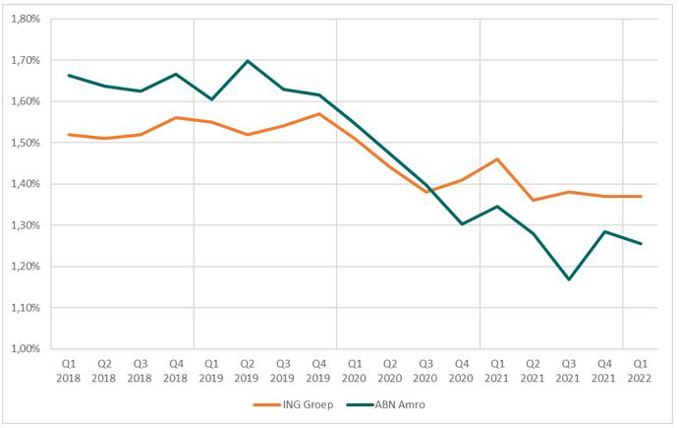 Abn Amro Stijgt Na Positieve Kwartaalresultaten
May 21, 2025
Abn Amro Stijgt Na Positieve Kwartaalresultaten
May 21, 2025 -
 Abn Amro Zijn Nederlandse Huizen Betaalbaar De Geen Stijl Discussie
May 21, 2025
Abn Amro Zijn Nederlandse Huizen Betaalbaar De Geen Stijl Discussie
May 21, 2025 -
 Nyt Mini Crossword Today Hints And Answer For March 5 2025
May 21, 2025
Nyt Mini Crossword Today Hints And Answer For March 5 2025
May 21, 2025 -
 Oh Jun Sung Wins Wtt Star Contender Chennai Match Highlights
May 21, 2025
Oh Jun Sung Wins Wtt Star Contender Chennai Match Highlights
May 21, 2025
Latest Posts
-
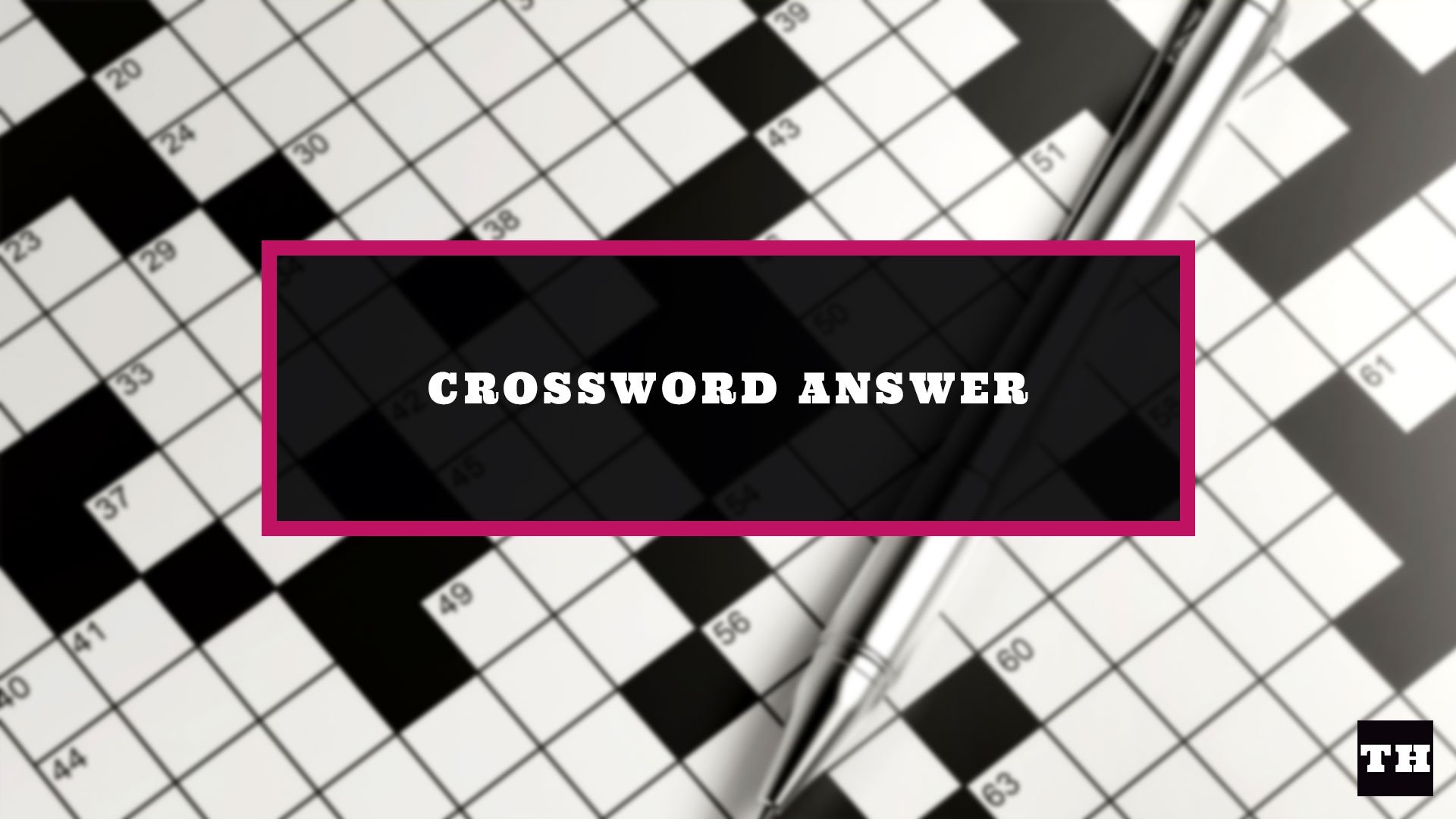 Complete Guide Nyt Mini Crossword Answers March 13 2025
May 21, 2025
Complete Guide Nyt Mini Crossword Answers March 13 2025
May 21, 2025 -
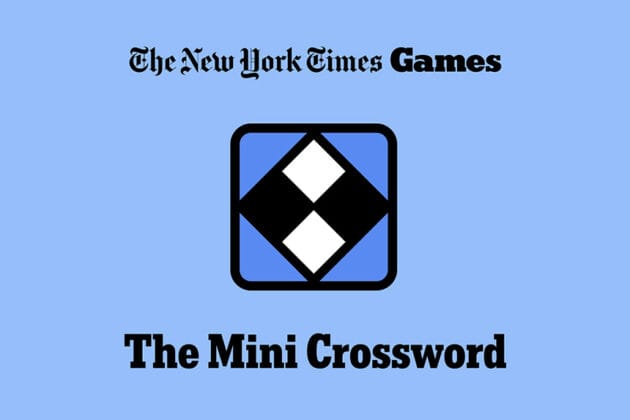 Nyt Mini Crossword March 13 2025 Solutions And Hints
May 21, 2025
Nyt Mini Crossword March 13 2025 Solutions And Hints
May 21, 2025 -
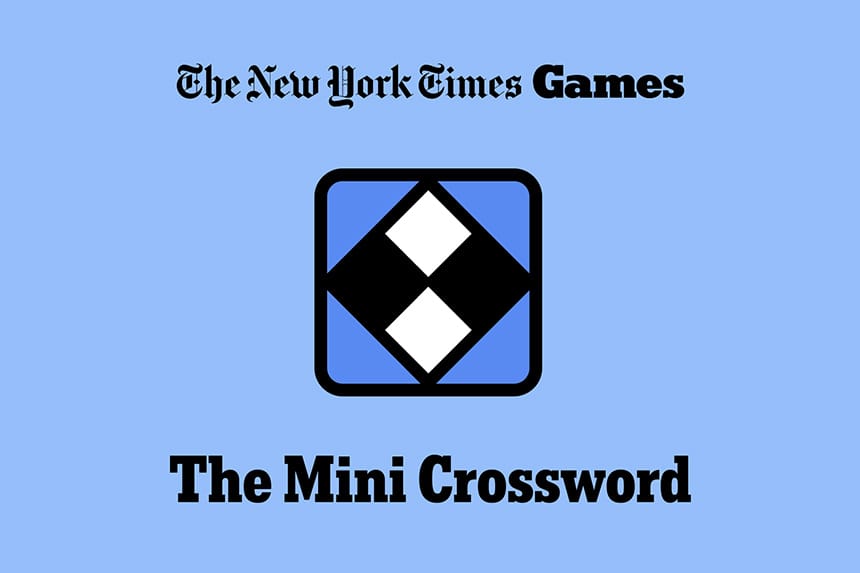 Todays Nyt Mini Crossword Answers March 16 2025
May 21, 2025
Todays Nyt Mini Crossword Answers March 16 2025
May 21, 2025 -
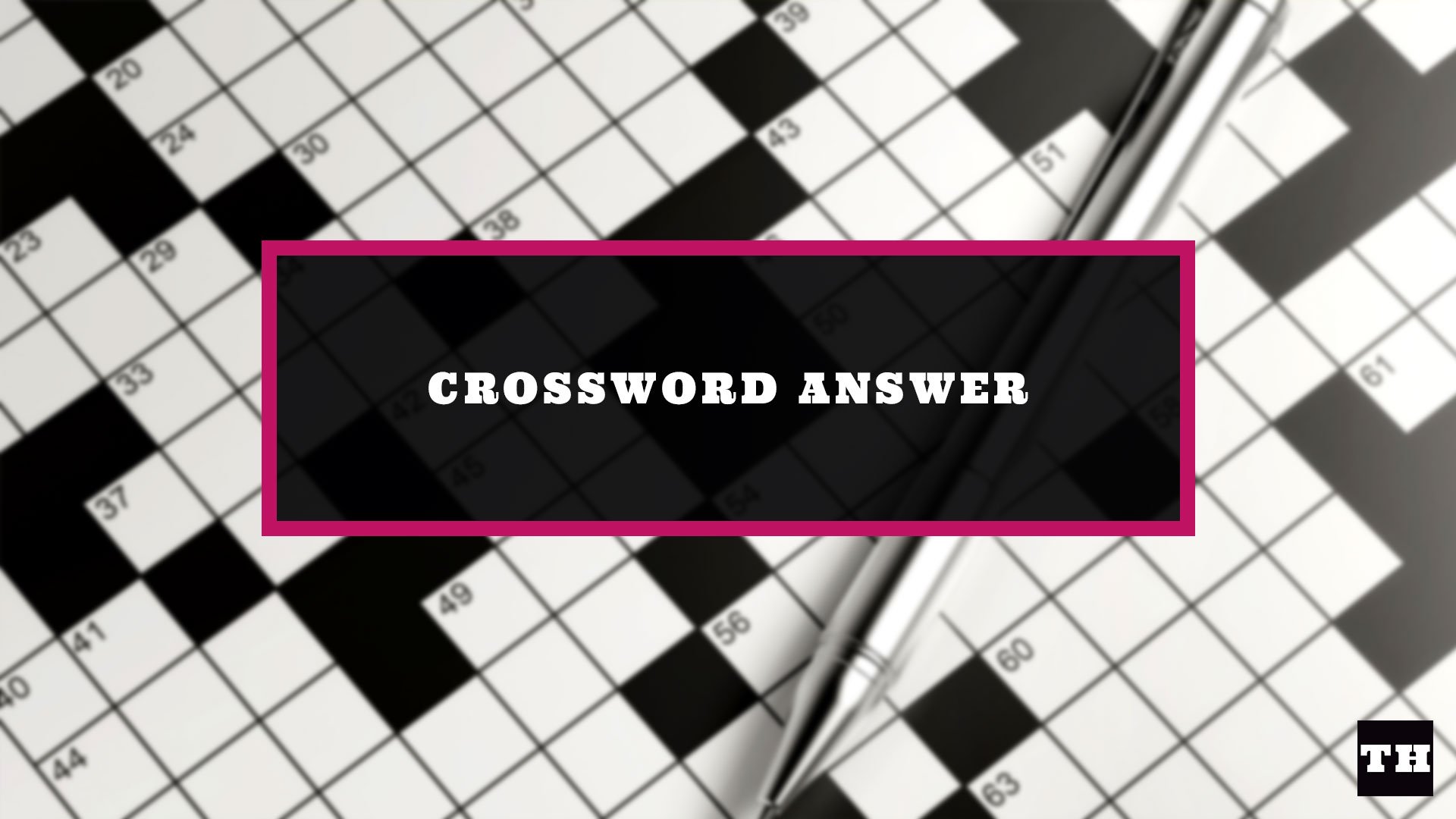 Nyt Mini Crossword Clues And Answers March 13 2025
May 21, 2025
Nyt Mini Crossword Clues And Answers March 13 2025
May 21, 2025 -
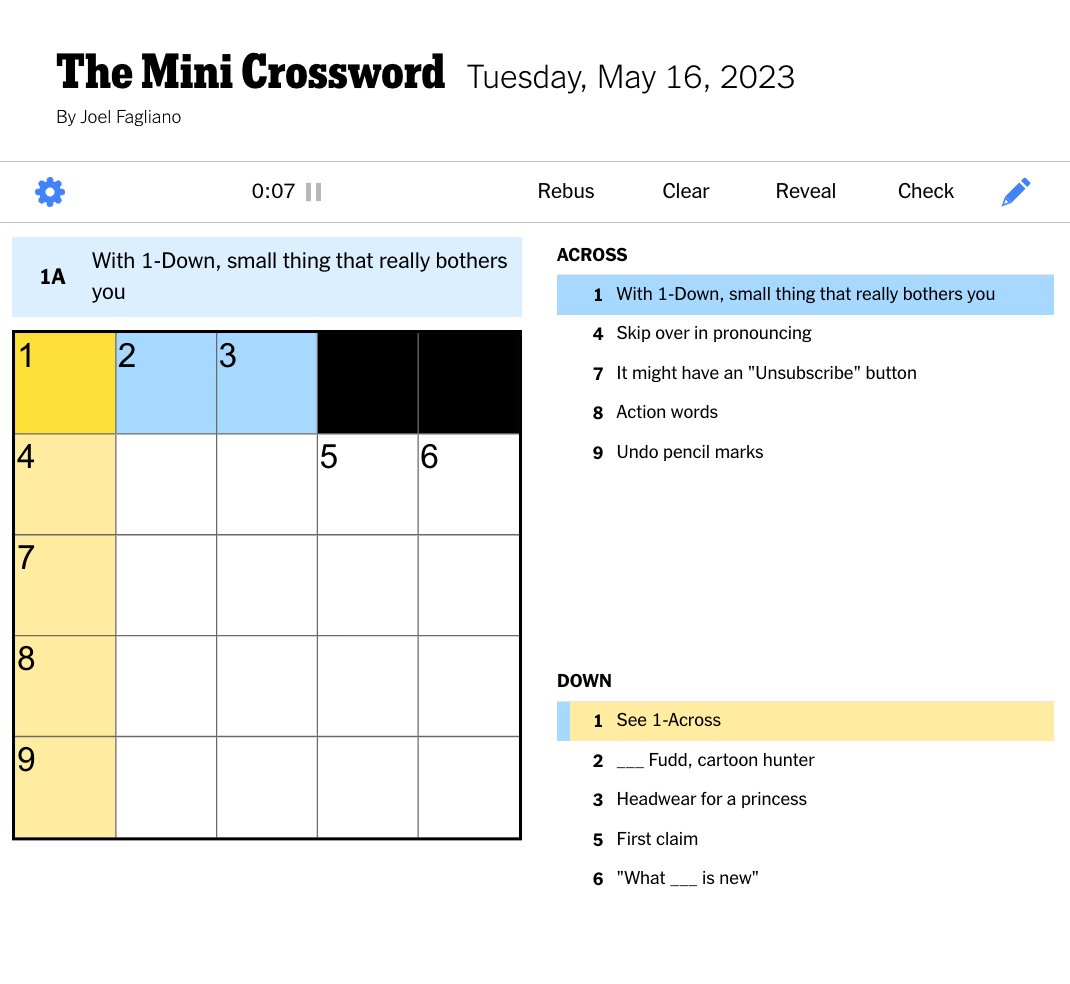 Nyt Mini Crossword Answers March 13 2025 Full Solution
May 21, 2025
Nyt Mini Crossword Answers March 13 2025 Full Solution
May 21, 2025
